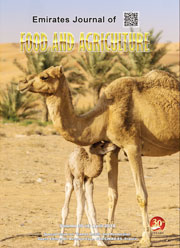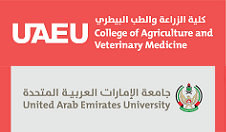Study of the effect of aqueous garlic extract (Allium sativum) on some Salmonella serovars isolates
DOI:
https://doi.org/10.9755/ejfa.v22i3.4889Keywords:
Allium sativum, allicin, antimicrobial, garlic, SalmonellaAbstract
There has been a consistent increase in the search for alternative and efficient compound for food conservation, aiming a partial or total replacement of antimicrobial chemical additives. Garlic offers a promising alternative for food safety and bioconservation. Filter sterilized, aqueous garlic extract was tested for ability to inhibit the growth of some isolated Salmonella serovars. The fresh aqueous garlic extract (A.G.E., 57.1% (w/v), containing 324 µg/ml allicin) inhibited the growth and killed most of the tested Salmonella serovars. The effect of bacteriostatic concentration of A.G.E. on the growth of the different tested serovars, revealed a pattern of inhibition characterized by: (i) a transitory inhibition phase whose duration was proportional to A.G.E concentration (ii) a resumed growth phase which showed a lower rate of growth than in uninhibited controls, and (iii) an entry into stationary phase at a lower culture density. The minimal inhibitory concentration and minimum bactericidal concentrations were very close, garlic MIC range 10-12.5 mg/ml; MBC range 13-15 mg/ml. Garlic extract could be stored at 4°C because no detectable loss of antibacterial activity at this temperature over several days was observed. However, excessive warming, or longer periods at higher temperatures should be avoided. Among enzymatic activities followed with the API-ZYM system, significant changes during the inhibition phase were detected. These biochemical changes could represent an adaptative response towards the garlic stress.










 .
. 